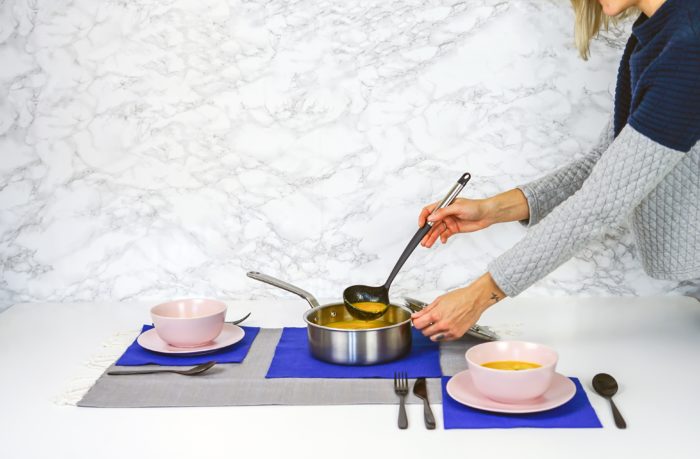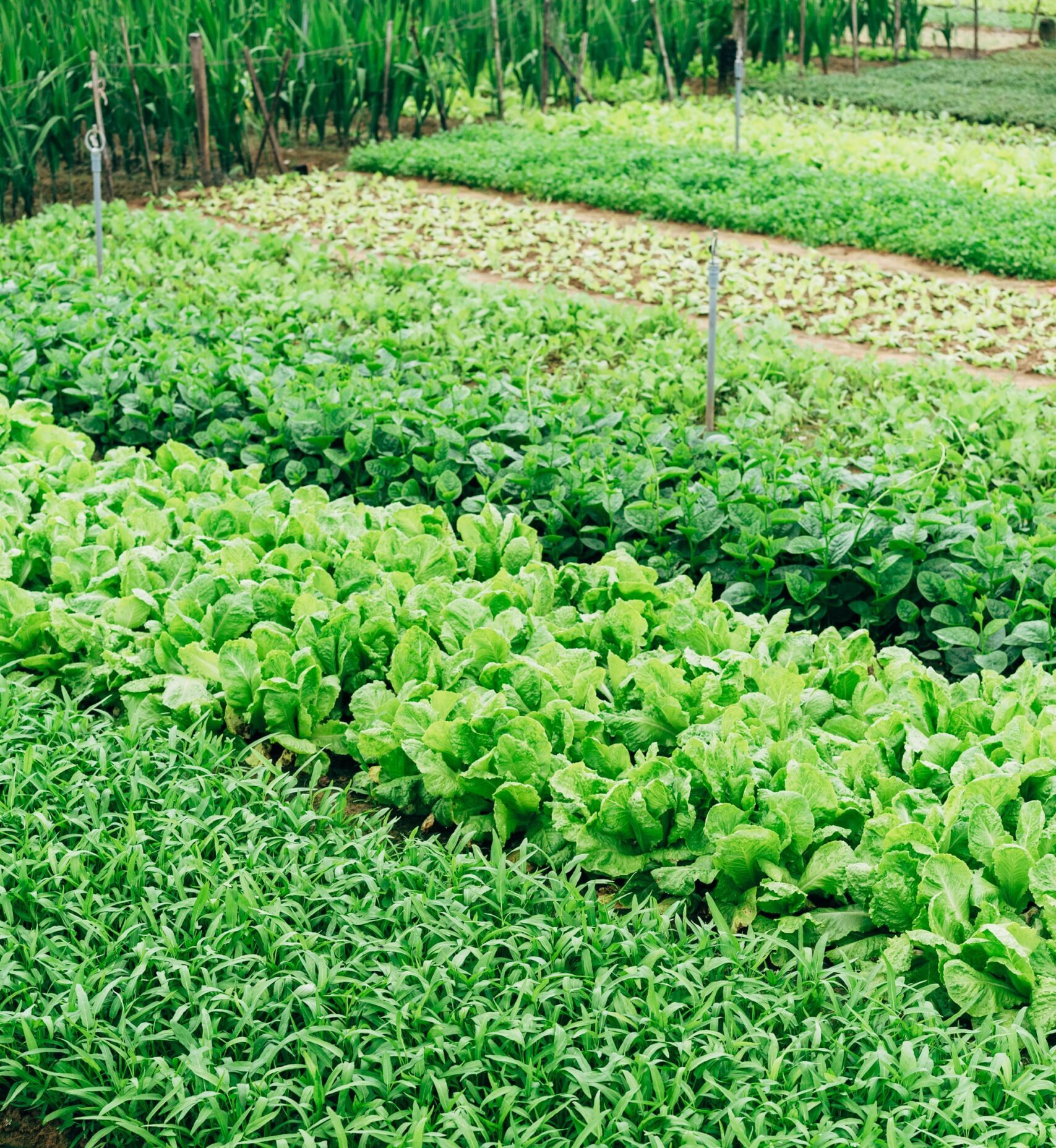 According to the USDA, “30-40% of food in America is wasted.” This means that every year, 133 billion pounds of food—worth $161 billion—is tossed right in the garbage by Americans. Think of all that was put into getting that food into our homes. Think of all of the farmers, factory workers, packaging companies, distributors and grocery store employees who handled it. The time and gas it took us go to the store. The hours we had to work to be able to buy it. With all of this in mind, we should value this precious resource a little more than we do.
According to the USDA, “30-40% of food in America is wasted.” This means that every year, 133 billion pounds of food—worth $161 billion—is tossed right in the garbage by Americans. Think of all that was put into getting that food into our homes. Think of all of the farmers, factory workers, packaging companies, distributors and grocery store employees who handled it. The time and gas it took us go to the store. The hours we had to work to be able to buy it. With all of this in mind, we should value this precious resource a little more than we do.
It’s not just households who waste food though. Farmers, grocery stores, cafes and bakeries throw out unsold food daily. Every day farmers select only the most beautiful fruits to sell, letting the others spoil. In grocery stores, produce managers comb through their fruits and veggies, tossing the imperfect ones in the trash. Bakeries throw out giant bags of unsold pastries. But aside from the food that doesn’t taste the best for a variety of reasons (unripe, off season), “unfortunate” looking produce still tastes good. A bruise on an apple doesn’t mean it’s diseased. And yet, somehow that’s the common conception.
Our culture’s fixation on perfect-looking food has led to a food waste epidemic. I’ll admit too, that I have in the past avoided bruised apples, or chosen the most manicured looking lettuce (no brown edges for me!). We’re taught to look for imperfections and avoid them like the plague. If we have to pay for something, we like to feel that we’re getting the best deal, or the best of the bunch. It almost feels like winning a small victory. What will it take for us to make the shift from wanting to get the best-looking food, to wanting to maximize the use of our best and most precious resource?
Imagine a world where nothing went to waste. Where restaurants utilized food scraps, farmers re-purposed blemished fruits and households no longer had to watch their money go to waste on perished products. I’m proud to say that we do live in a world that is trying hard to get there. All around the globe, good people are being the change, by spreading the message on food waste and actually doing something about it. Here are some really great products and services that are finally closing the loop. And I’ve got to say, I’m really blown away by these fantastic companies, they make me proud to be part of this world.
Zero Waste Food Companies That Are Paving The Way To A Circular Economy
The Spare Food Co.
The Spare Food Co. tackles waste at its core cause: people. They host workshops and create sustainable menus, processes, and products for the Hospitality, Food Service, Grocery and Fast Casual Restaurant industries to minimize waste. For example, if a restaurant throws out bins of avocado peels, pits, and corn husks, The Spare Food can identify innovative uses for them to create new, delicious creations.
OLIO
This app enables the sharing of extra food between neighbors as well as local business to allow for the elimination of less waste. Grocery stores with items about to go off code or bakeries who have surplus pastries at the end of the day can add items on the app, alerting other users in the area to collect before it is thrown away.
Neighbors can also add food and other household items to share with each other. This app operates on a 100% trust-based system. There are no costs for items; OLIO is simply sharing, enabling the use of something that would have otherwise been thrown away. OLIO has to date facilitated the sharing of 2,337,350 portions of food and has been used in 49 countries by 1,365,503 people.
Toast Ale
Toast Ale works with bakeries to source surplus fresh (vegan!) bread to use in their craft beer making. They quote that “44% of all bread is never eaten” and proudly proclaim saving over 1 million slices so far. This amounts to more than cutting back on waste (a major feat in itself), but rescuing and re-purposing bread also leads to the minimization of methane gas produced in the landfill that is emitted by decomposing bread, as well as the greenhouse gases generated from the growth and transport of beer crafting ingredients like barley.
Their packaging, made from recycled glass, can be recycled. And their kegs which are delivered to pubs are collected and reused. Toast Ale is a Certified B Company, which means it has met the highest standards of environmental performance, transparency, and accountability. They’ve won over a dozen awards, including the Best Eco Focused Sustainable Enterprise Award in 2018.
How have you made a shift towards cutting down on waste, or utilized a zero-waste food service?
Also by Nea: 3 Lovely Ways To Bring Nature Into Your Home & Improve Your Relationship With The Planet
You’ll Want Everything From These Stunning, Elevated Recycled Fashion Brands
Get more like this—Subscribe to our daily inspirational newsletter for exclusive content!
__
Photo: Toa Heftiba on Unsplash




